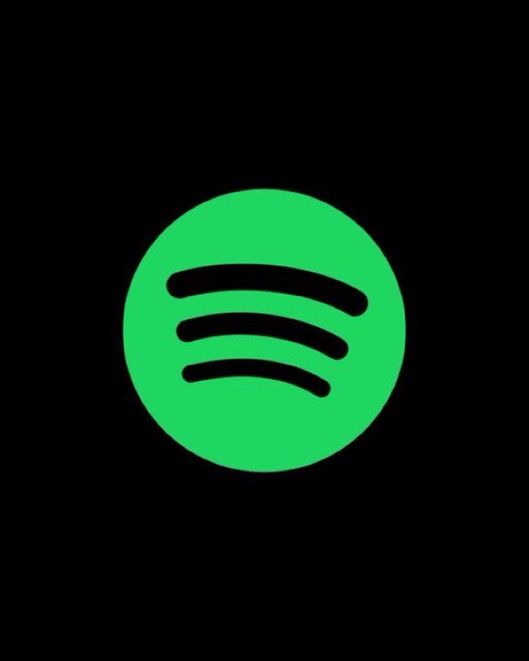
Spotify to Remove Notable Streaming Volume from Tracks Across Genres for Sixth Consecutive Month

In a recurring pattern that has left artists and industry stakeholders scratching their heads, Spotify is expected to remove notable streaming volume from tracks across various genres for the sixth consecutive month. This development, set to take effect on July 2, has sparked heated debates about the streaming giant's policies and their impact on artists' livelihoods.
While Spotify hasn't provided a detailed explanation for the stream subtractions, the platform's policy on artificial streaming suggests that streams deemed fraudulent will be removed. According to Spotify, artificial streaming includes streams generated by bots, fake accounts, or other means that manipulate play counts. The company has been working to detect and prevent artificial streaming, but some artists have reported significant losses in stream counts despite their best efforts to comply with Spotify's guidelines.¹
The removals have raised concerns about the accuracy of Spotify's streaming metrics and the potential impact on artists' royalties. With millions of songs and artists on the platform, even small discrepancies in stream counts can add up to significant financial losses. Some artists have expressed frustration, feeling that Spotify's policies are unclear and that the platform's algorithm unfairly targets legitimate streams.²
This isn't the first time Spotify has faced criticism for its handling of artificial streaming. In November, the company updated its data systems to remove more artificial streams from tracks' all-time stream counts and artists' monthly listener counts. Spotify claims that this change will lead to a more accurate representation of artists' popularity and ensure that royalties are paid out fairly.³
The music industry has long grappled with the issue of artificial streaming, with some artists and labels accused of using bots to inflate their stream counts. However, the line between legitimate promotion and artificial streaming can be blurry, and some artists feel that Spotify's policies unfairly penalize them for using third-party promotional services or engaging with their fans.
As Spotify continues to refine its approach to artificial streaming, the debate surrounding this issue is likely to persist. Artists, labels, and industry stakeholders will be watching closely to see how the platform's policies evolve and how they impact the music industry as a whole.
In recent months, Spotify has taken steps to modernize its royalty system, aiming to drive more revenue towards emerging and professional artists. The platform has introduced new policies to deter artificial streaming, better distribute small payments, and address attempts to game the system with noise recordings. These changes are designed to create a more fair and sustainable ecosystem for artists, but the impact on the music industry remains to be seen.⁴
As the music streaming landscape continues to evolve, one thing is certain: the conversation around artificial streaming and its impact on artists will remain a pressing issue. With the stakes high and the industry watching, Spotify's next move will be crucial in shaping the future of music streaming.


